I suck at self-care. I’ll admit that. The very act of thinking about it stresses me out, which I worry defeats the purpose. When people encourage me to take care of myself, I often reply, “Who has time for that?” And I know I’m not alone.
It might be because I didn’t have great models of self-care in my life. My father — who had been a sharecropper, a soldier, and an entrepreneur, before becoming a minister — never took a day off. The man worked seven days a week, until he physically couldn’t move anymore. My mother — who raised eight children from the time she was 16 to when she was 54 — never applied self-care either. I don’t know anyone stronger than my parents.
My professional socialization has also made it difficult to apply self-care. When I was working in nonprofit organizations, the water cooler conversation (or in our case, the coffee pot conversations) centered on how busy we were — and how stressed out we were. This was our office gossip. I used to call it productivity performance art: whoever can perform being the most stressed out or the busiest, wins the award.
As a black person working in white-led nonprofit organizations, before I founded my own (The Counter Narrative Project), I learned that we’re often perceived as not working very hard. That’s not just in nonprofit organizations, but in all institutions rooted in white supremacy.
There are racist narratives that create a toxic culture around black employees. So many of us suffer an incredible amount of emotional violence in the workplace. Racism thrives on punishing and controlling black flesh. To survive, you internalize the “you have to be twice as good” narrative. These issues arise even in the most well-intentioned and progressive work places.
It’s hard not to become paranoid. God forbid you don’t respond immediately to each email, or you fail to get that project done early. We end up working ourselves to death, literally, trying to counter these kinds of stereotypes. “See,” we say, “I work harder than you.” Yet, you still don’t get the promotion, nor that raise you deserve. Then you burn out.
Social media is hard, too. Even after we filter our content, we still see pain and cruelty. We’re reminded every day of what it means to be part of the oppressed class, and that we live in a world where we are disposable. One might say, “Take a social media break.” That’s fair. And I don’t disagree.
If you can’t actually take a vacation, one might suggest for you to take baths with candles, chant, or do other centering activities. Some of that works for me momentarily, but I find it difficult to sustain. Sure, I’ll start out doing it and maybe even put it on my calendar, but then life happens. Or I end up being too tired. The labor to even plan self-care rituals can feel overwhelming at times.
My work is the work of liberation. It’s the work of freedom and joy and love, but it’s also the work of pain. This is the path we travel in our commitment to social justice. It’s working in communities that experience profound suffering, and because these are my communities, it’s a suffering I also know and feel. You don’t get to turn it off.
To travel this path, you become wounded. There will be scars you can’t cover up with achievements, lovers, or material things. Healing is imperative if we are to survive.
During the writing of this piece, I’m currently coming out of a kind of funk. In these moments — some might call them tests — we get a chance to see if the elaborate systems we set up in our life actually work. That’s when self-care practice goes from abstract to tangible.
What I’ve learned, and am reminded of, is that I can’t do much of my work around self-care by myself. No one can. I need to have people support me, take care of me, and affirm me. That’s what self-care looks like. My mistake has been thinking self-care requires me to be alone, or to do it alone.
It’s not that at all.
Maybe, just maybe, if I’m able to integrate more of a communal approach to “self-care,” I might be more successful moving forward. When you make yourself a priority, success undoubtedly follows. Let’s try it together.

Contributing editor CHARLES STEPHENS is an Atlanta-based writer and activist. He is the executive director of the Counter Narrative Project. Follow him on Twitter @CharlesDotSteph.


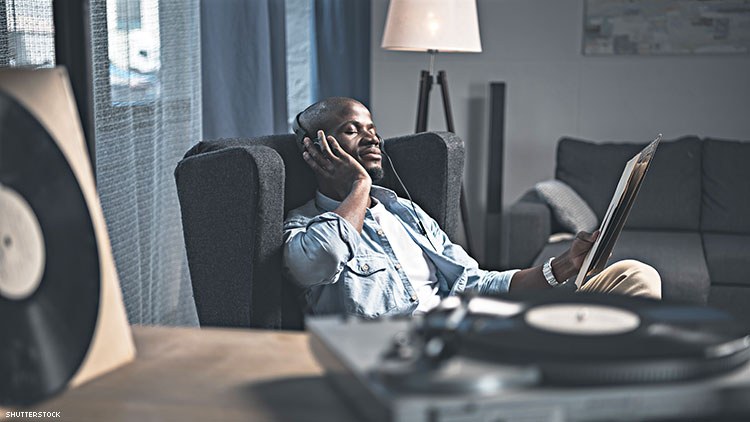


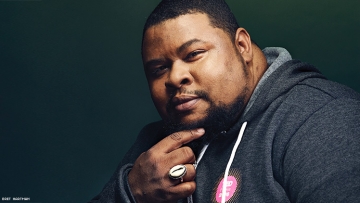
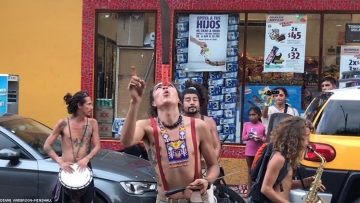
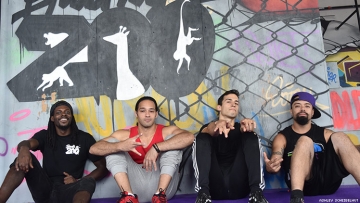
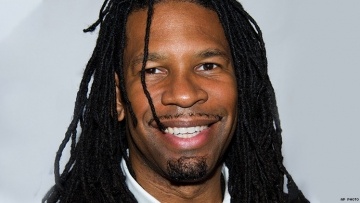






READER COMMENTS (